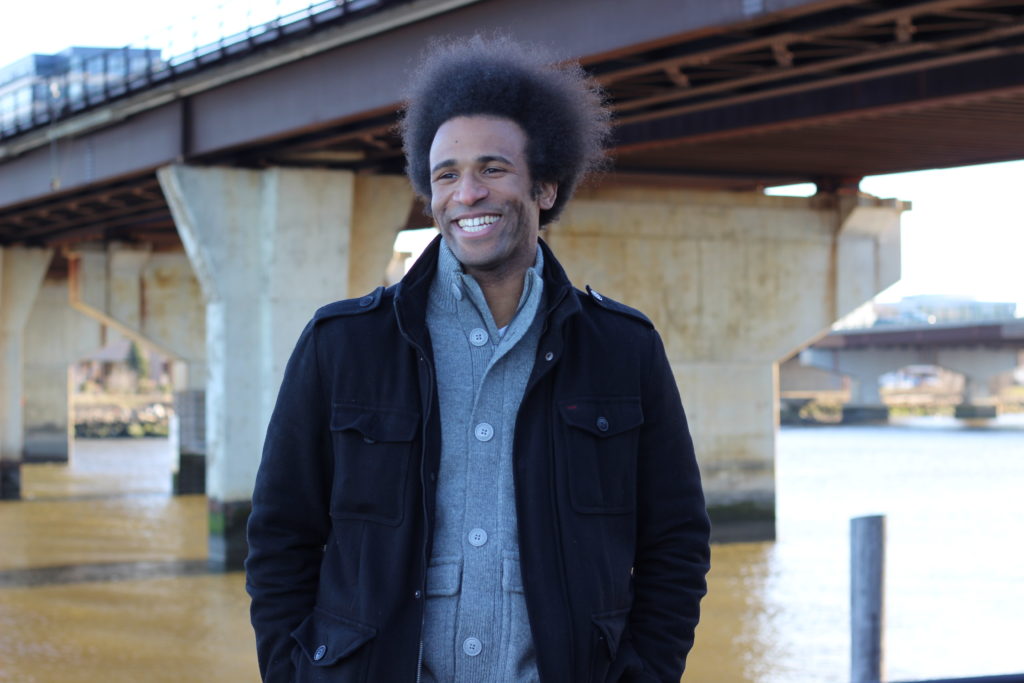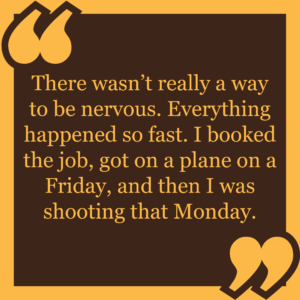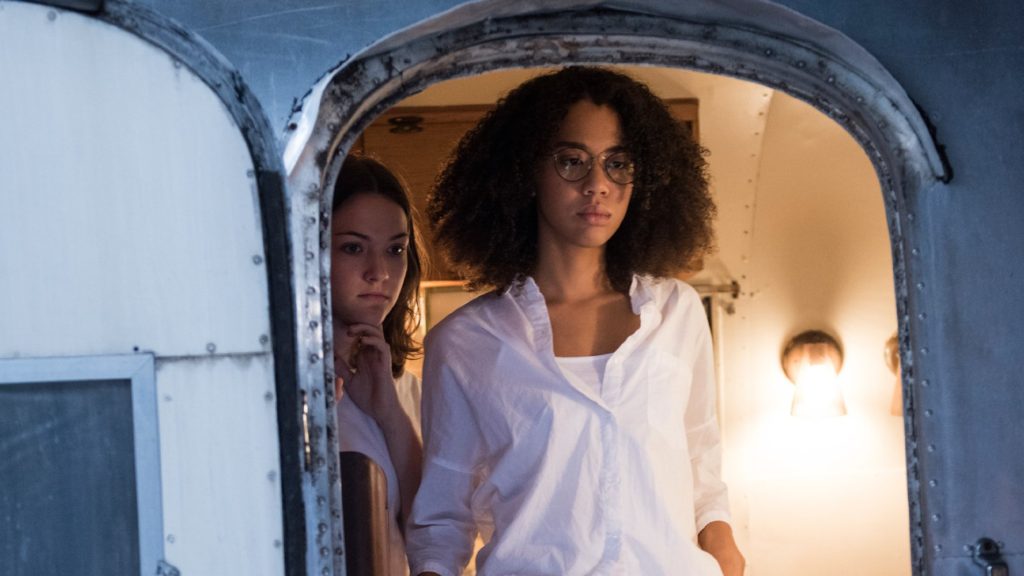 In our new column Deep Focus, TrunkSpace is going behind the camera to talk with the directors, writers, and producers who infuse our world with that perennial pop culture goodness that we can’t get enough of.
In our new column Deep Focus, TrunkSpace is going behind the camera to talk with the directors, writers, and producers who infuse our world with that perennial pop culture goodness that we can’t get enough of.
This time out we’re chatting with Kulap Vilaysack, creator and showrunner for Seeso’s “Bajillion Dollar Propertie$” starring Paul F. Tompkins and Mandell Maughan. We recently sat down with Vilaysack to discuss her upcoming documentary “Origin Story,” how she became a showrunner, and what it’s like working in an environment that nurtures improvisation.
TrunkSpace: We know that networks and execs love working with showrunners that they trust and have an established track record so we’re curious how you broke into the position?
Vilaysack: I think Seeso is the unusual place, because they’re very much creators first. You look at their lineup, a lot of the people come from podcasts. So their main goal is to really make sure that they have a point of view. I think with that said, their knowledge of me, plus me having the strong backup of Mr. Scott Aukerman of “Comedy Bang! Bang!” and Thomas Lennon and Robert Ben Grant from “Reno 911!” and many other things, I think they had full confidence in me.
TrunkSpace: Was being a showrunner always in your sights or did it just happen as part of a natural career progression?
Vilaysack: It happened because, I know I talk about this a lot so forgive me, but it really came from Tom going, “Well, you’ll showrun it, right?” And I’m like, “Yeah, you’re right, I will.”
TrunkSpace: Did you feel confident right out of the gates in the position?
Vilaysack: It takes doing. It takes figuring it out. It takes listening. It takes putting together a great team whom I trust and who never let me down. It takes having great mentors and examples. Yeah, like with anything you just learn from doing.
TrunkSpace: You worked on plenty of others shows throughout the years in different capacities. Did you absorb the position through watching other showrunners?
Vilaysack: I don’t know if I learned from other showrunners but certainly I’ve learned from just being on set, seeing how sets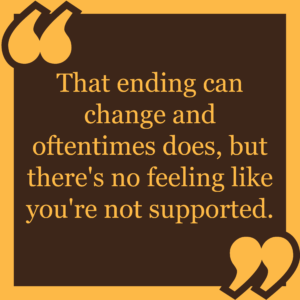 work and then watching and going, “Okay, I think that’s great, I’d like to use that for my own project.” Or, “That’s not so great, maybe I’ll try a different way. I think there might be a better way of doing things.”
work and then watching and going, “Okay, I think that’s great, I’d like to use that for my own project.” Or, “That’s not so great, maybe I’ll try a different way. I think there might be a better way of doing things.”
TrunkSpace: A large portion of “Bajillion Dollar Propertie$” utilizes improv. Does that change the role of a showrunner at all?
Vilaysack: I don’t know, I don’t have any other experience. For me, the show is semi-improvised so we have really strong and clear outlines that have a premise and we know who everybody is to one another and what everybody wants from one another. Then we have the beats of the scene and we have where we’re going to heighten each beat. “Okay, here are examples of dialogue that you can use or not use, but you know what I’m looking for.” And then we have an ending plan. That ending can change and oftentimes does, but there’s no feeling like you’re not supported.
But when you ask me questions in reference to what it’s like to run other shows, I don’t really have any context to share with you.
TrunkSpace: Has a moment of improv within the show ever inspired any of the broad strokes that you guys created beforehand to change? Have any gems come out of stuff where you went, “Okay, let’s rethink what we’re doing longterm?”
Vilaysack: I don’t think so. I’m trying to think here.
We have amazing, genius improvisors. The show is, in many ways, produced like a reality TV show and so we have set stories. In the beginning of the season we sit down and I sit down with all of our cast members and talk to them about what their season long arc is as individuals and then what the arc is for the show. From there we just do a bunch of different scenes and not every scene ends up in the show.
TrunkSpace: As they always say, work begets work in the industry. Do you hope to do more showrunning in the future?
Vilaysack: Yes, I’d love to.
TrunkSpace: You are also currently producing a documentary called “Origin Story” which is very close to you in terms of the subject matter. Did you ever second guess taking that journey and putting it out there for others to see?
Vilaysack: Absolutely. It’s very personal.
TrunkSpace: Where are you in the process of completing the film?
Vilaysack: I’m in post production looking to finish the film and looking to submit to Sundance this year. I’m deep into finishing it.
TrunkSpace: When you first started the film there was no funny in it at all, but from what we understand, you have since gone in and added some lighter moments throughout. Was that an element that you felt the film needed in order to find an audience?
Vilaysack: I think you just need levity. It’s hard for us as humans to go through something and not have a place to take a break. Who wants to watch suffering? As much as a fine film “Dancer in the Dark” was, I’ll never see that again.
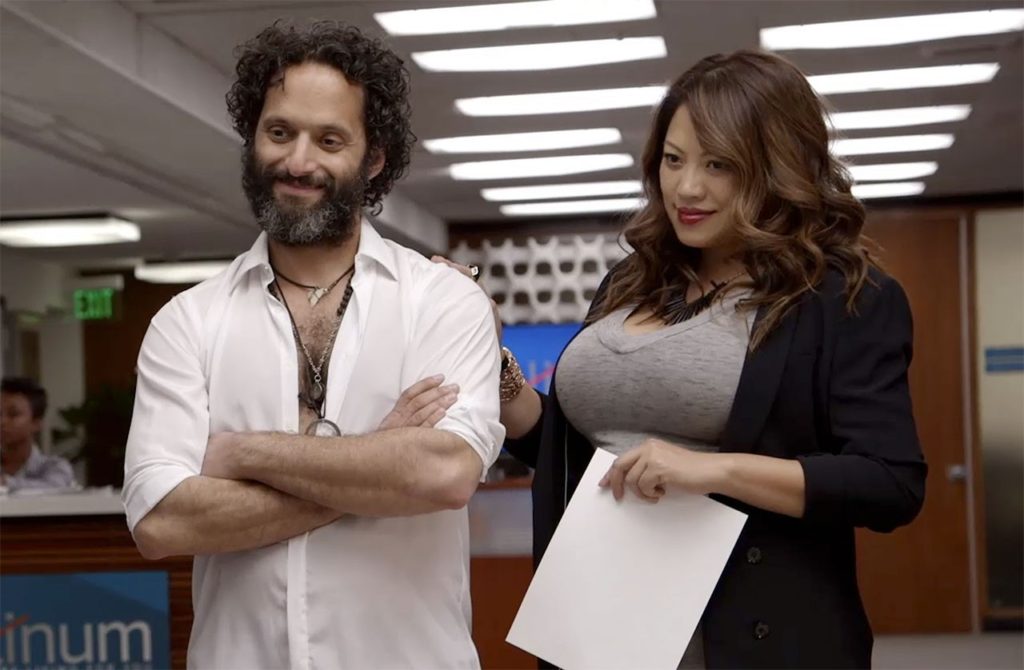
TrunkSpace: As a showrunner and creator, you’re creating content that could one day inspire others to create their own content. Do you ever think about that in the course of your day?
Vilaysack: I don’t think about it like that. I think about creating an environment where people can do their best work, where they feel safe and held, and where people can work hard and try things. I think about setting an example. I just think you treat people right and that’s a good idea.
It’s about being present with one another. It’s about getting into a sandbox and playing and it’s about making a cool show.
Visit Seeso to learn more about “Bajillion Dollar Propertie$” and to watch the latest season!


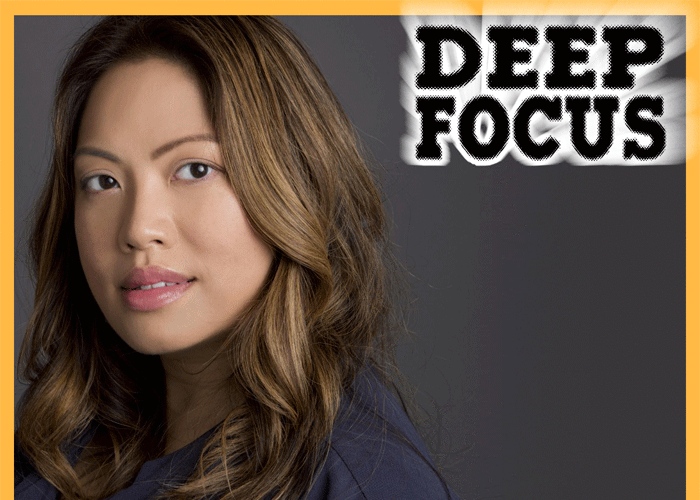
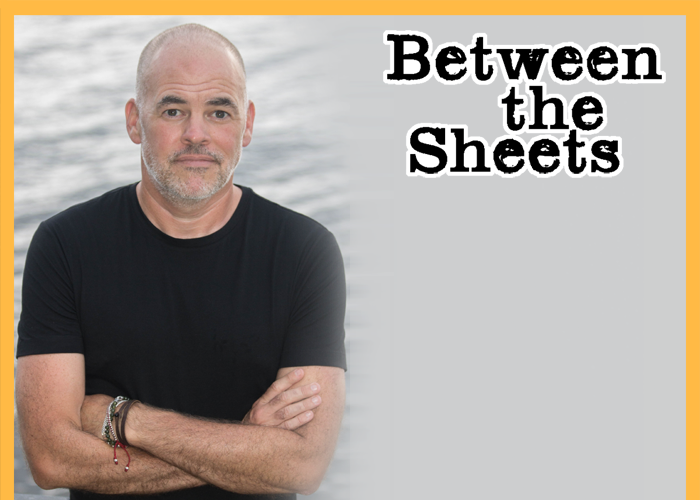
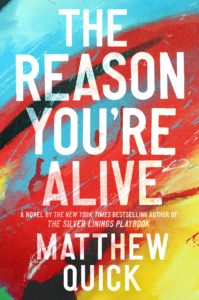 In our new feature, Between the Sheets, TrunkSpace picks the imaginative brains of authors to break down what it takes to create the various worlds and characters they breathe life into via the tools of their trade… sheets of paper. While technology continues to advance and change the pop culture landscape, the written word has remained one of the most consistent and imaginative art forms.
In our new feature, Between the Sheets, TrunkSpace picks the imaginative brains of authors to break down what it takes to create the various worlds and characters they breathe life into via the tools of their trade… sheets of paper. While technology continues to advance and change the pop culture landscape, the written word has remained one of the most consistent and imaginative art forms.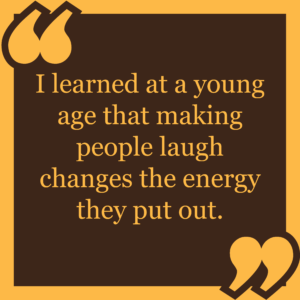 people I work with now are extremely liberal. My needle moved left a long time ago, but there is part of me that will always feel a little loyal to my original tribe and because of that I often feel isolated somewhere in between the left and the right. We all need to talk more. There has to be less us/them.
people I work with now are extremely liberal. My needle moved left a long time ago, but there is part of me that will always feel a little loyal to my original tribe and because of that I often feel isolated somewhere in between the left and the right. We all need to talk more. There has to be less us/them.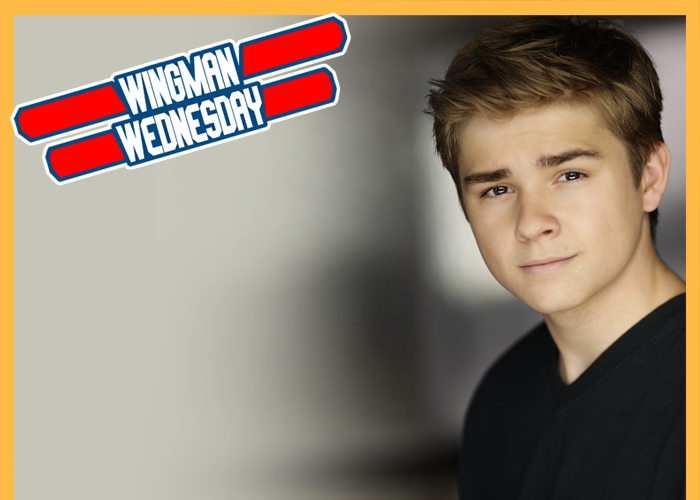
 As “Supernatural” prepares to enter its 13th season, it makes sense that a number of actors have been relied upon to play young Dean Winchester. Whether due to flashbacks or evil, age-altering spells, the writers of the long-running series have never been afraid to delve deeper into the “road so far” in order to give fans a glimpse at how the Winchester boys came to be. And while many have played the pie-loving eldest brother over the years, there has been only one actor capable of completely capturing what Jensen Ackles created in Dean Winchester and that actor is Dylan Everett.
As “Supernatural” prepares to enter its 13th season, it makes sense that a number of actors have been relied upon to play young Dean Winchester. Whether due to flashbacks or evil, age-altering spells, the writers of the long-running series have never been afraid to delve deeper into the “road so far” in order to give fans a glimpse at how the Winchester boys came to be. And while many have played the pie-loving eldest brother over the years, there has been only one actor capable of completely capturing what Jensen Ackles created in Dean Winchester and that actor is Dylan Everett.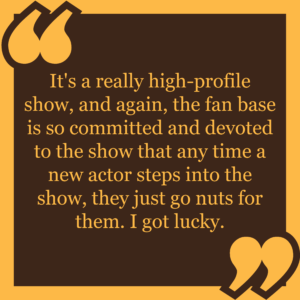 it, including and especially Jensen and the fans.
it, including and especially Jensen and the fans.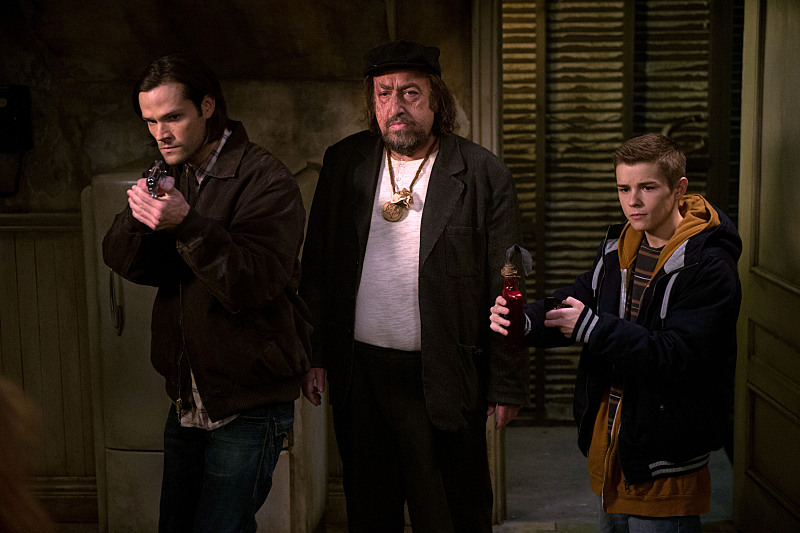
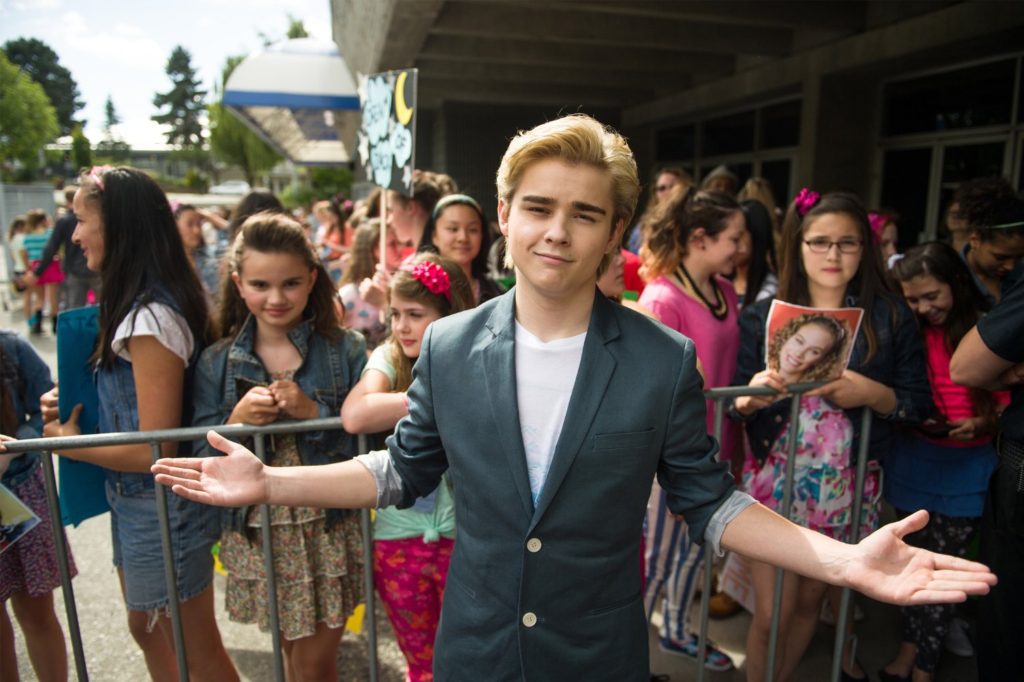

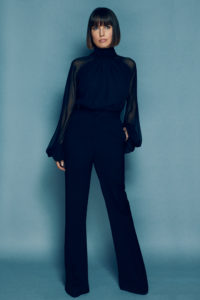
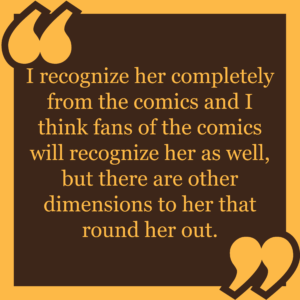 about “Preacher” is that in a lot of ways it says to hell with reality and just does its own thing. Does that make the performance aspect of the show more appealing because anything can and does happen?
about “Preacher” is that in a lot of ways it says to hell with reality and just does its own thing. Does that make the performance aspect of the show more appealing because anything can and does happen?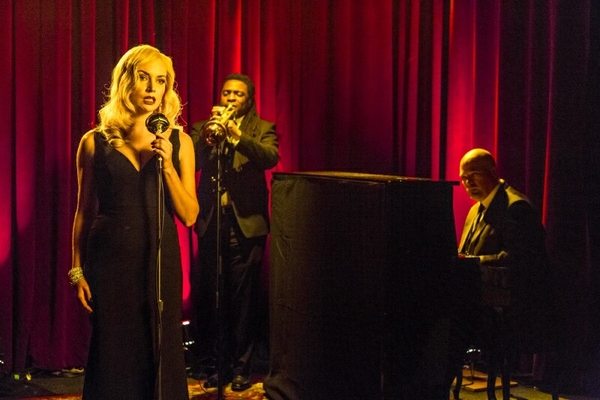
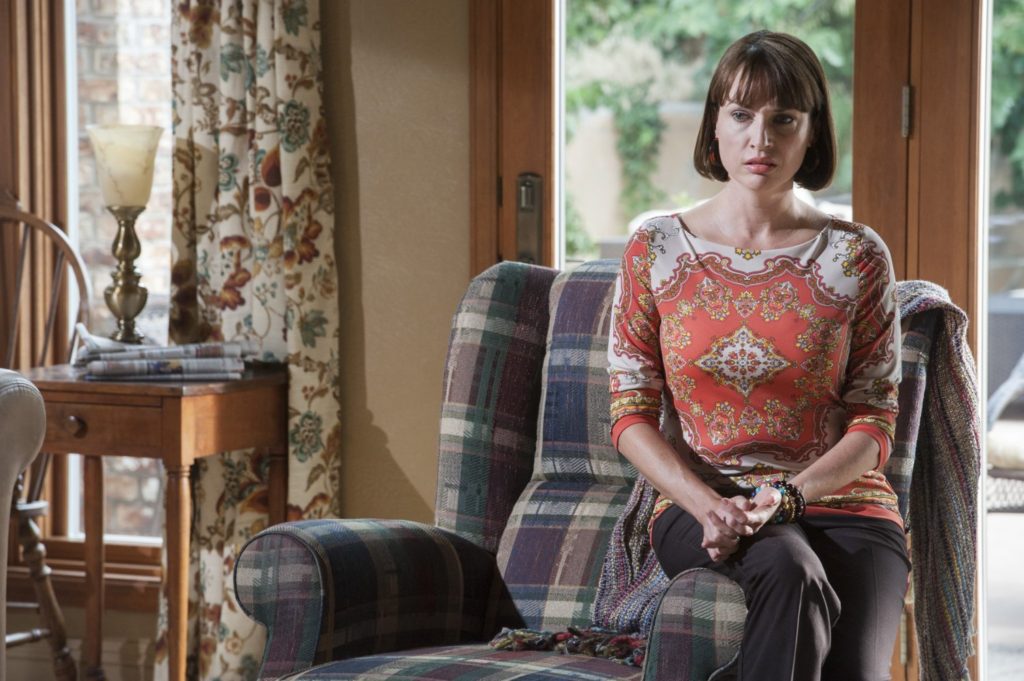
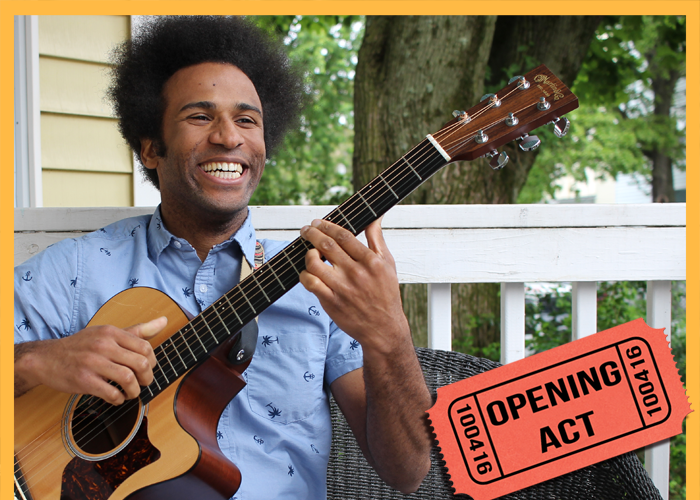
 Artist/Band: Louis Apollon
Artist/Band: Louis Apollon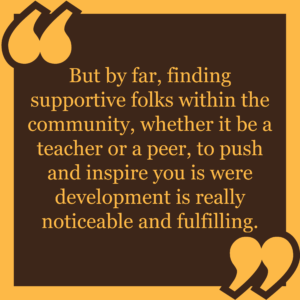 practiced quite a bit, to my folks’ dismay at the beginning, and played in a number of ensembles throughout those years. Towards the end of my high school years some of my close friends started bands of their own which inspired me to buy my first guitar, a used and beat up Ibanez acoustic guitar. I do remember always wanting to sing, but because of my incredibly introverted nature, that didn’t happen until I was in college where I joined the school’s gospel choir upon arriving. After that I went on to actually minoring in music as a vocal principle and singing in two of the music program’s opera productions as well as taking part in a student run musical. I was also playing some more guitar during that time and was the back up bass player for a friend’s band who had some gigs on and off campus. As I mentioned before, I moved to Chicago afterwards, which is where I started to play much more guitar (well enough to accompany myself) as well as got some more singing gigs under my belt.
practiced quite a bit, to my folks’ dismay at the beginning, and played in a number of ensembles throughout those years. Towards the end of my high school years some of my close friends started bands of their own which inspired me to buy my first guitar, a used and beat up Ibanez acoustic guitar. I do remember always wanting to sing, but because of my incredibly introverted nature, that didn’t happen until I was in college where I joined the school’s gospel choir upon arriving. After that I went on to actually minoring in music as a vocal principle and singing in two of the music program’s opera productions as well as taking part in a student run musical. I was also playing some more guitar during that time and was the back up bass player for a friend’s band who had some gigs on and off campus. As I mentioned before, I moved to Chicago afterwards, which is where I started to play much more guitar (well enough to accompany myself) as well as got some more singing gigs under my belt.